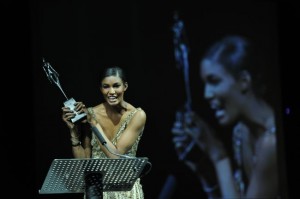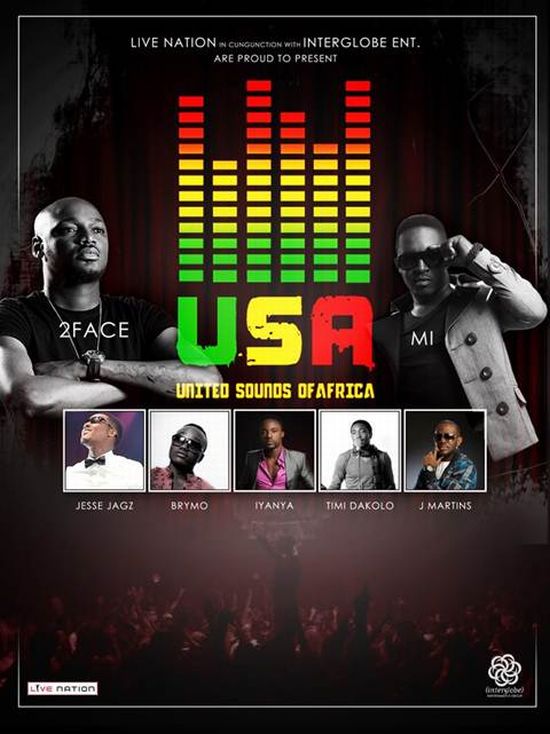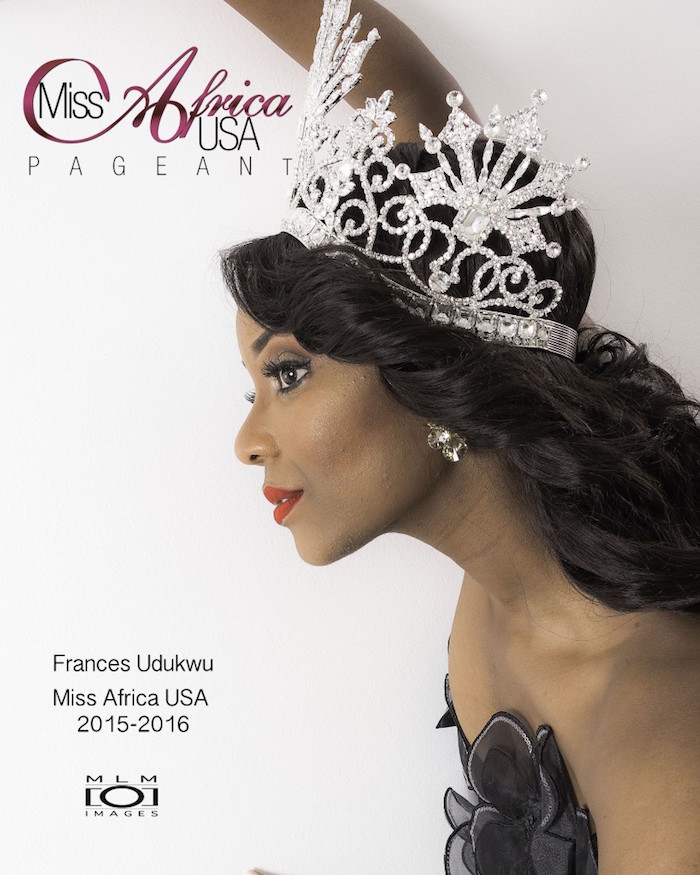 Milisuthando Bongela is not happy about Africa Fashion Awards and she makes it known.
Milisuthando Bongela is not happy about Africa Fashion Awards and she makes it known.
“After last night’s African Fashion Week Awards, I finally feel the need to say something about something I’ve kept quiet about and far away from. African Fashion International hosted an award ceremony last night, in which Michael Jackson, Yves Saint Laurant and Grace Jones were amongst the winners.
The categories: Style Influencer, Lifetime Achievement and Miriam Makeba Style Icon. AFI are the only ones that know why they decided on these categories and people (two of whom could obviously not pick up their awards, did they have reps? are their estates going to be told of this prestigious honour?)and I’m still keen to find out who the judges were, who would have agreed to be part of thinking of all the black people or “African” people in the international fashion industry, and making up awards to give them just because they are black or they are from Africa.
Cecily Lopez, Koto Bolofo, Albertus Swanepoel, Oswald Boateng and Pat McGrath won awards because they are good at what they do, but also because they are black or can be linked to Africa. Who were they up against? Was Albertus up against any other Milliners like for e.g. Phillip Treacy? Was Cecily Lopez compared to any other top models like Lara Stone perhaps? I wonder how they all felt when they got these awards seeing as though most of the people that would have made the whole thing credible were not involved. Who wants to win because they are black or African?
I really hate it when black people make black people look stupid. Those awards made our industry look as random as it has become. As if African fashion doesn’t have enough struggles within our own continent and how the world receives us – we have these guys to thank for making fools of an industry they have played a major role in tearing apart.
Read the rest here.
Founded in 2007, Ladybrille® Magazine is a California based pioneer digital publication demystifying the image of Africans in the west through contemporary African fashion and celebrating the brilliant woman in business and leadership, with an emphasis on the African woman in the diaspora. Our coverage includes stories on capital, access to markets, expertise, hiring and retention, sales, marketing, and promotions.




South Africa’s Fashion Industry must tackle illegal imports
South Africa’s fashion sector once again missed an opportunity to highlight specific “fashion-nomics” that are hindering this vital link within the apparel and textile value-chain.
Africa Fashion International through the Africa Fashion Awards could have used this platform to create awareness about one issue that is impacting on the industry providing an educational platform for fashion consumers and that is the illegal imports flooding our country. Is this lack of dealing with fashion economic issues using the outreach that events such as the Africa Fashion Awards presents is not addressed because it is not fashionable, glamorous and just very boring? Or is it because those involved in the industry and socialites that attend these events either do not have a comprehensive understanding of the complexities that intertwines and cross-stitches our apparel sector and or just do not have an interest in this layer of fashion?
Millions and millions of illegal fashion related items enter this country and find their way into both the formal and informal sector. Yes, government, SARS and other related bodies are attempting to deal with the matter and yes containers of illegal good have been detained. However, our fashion sector that has an influential platform can find innovative ways to create more public awareness about the damage these illegal operations have on our designers not only in South Africa but across the continent as well as the negative impact they have on the industry as a whole?
For these syndicates that operate and flood our market with counterfeit products it is all a numbers game. For every container that is detained a number get through. We are still to hear of any company or individual going to prison. Do they just get a fine and continue with their illicit operations? They need to be named and shamed. We may all be surprised if these organizations and suppliers were named to discover that we may be aiding them by using them as suppliers. A further question that is in need of being asked is what happens to the tons of garments that are confiscated? Do they somehow find their way back onto the streets; are they burnt or donated to charities? Action against these syndicates must not only be at the point of entry. We must find mechanisms to trace their Asian suppliers and isolate them as well.
At conferences, workshops and in the press we continually hear designers, the industry and the unions bemoaning the difficulties our apparel sector faces yet as a collective the fashion sector as one entity of our apparel sector seems incapable of mobilizing and taking the initiative in contributing to curbing the surge of illegal counterfeit imports through the many fashion weeks we have in this country. It is time that developmental fashion or as I coined it “fashion-nomics” becomes fashionable by creating innovative styles to tackle this one of many challenges fashion faces.
Renato Palmi
The ReDress Consultancy